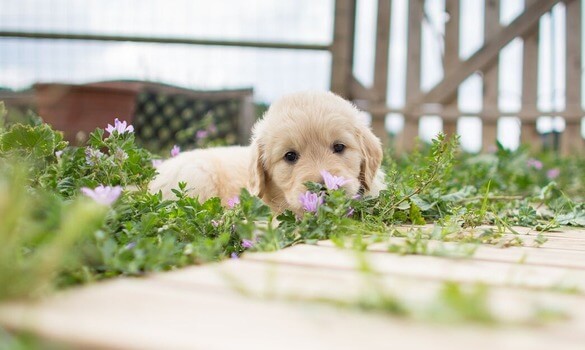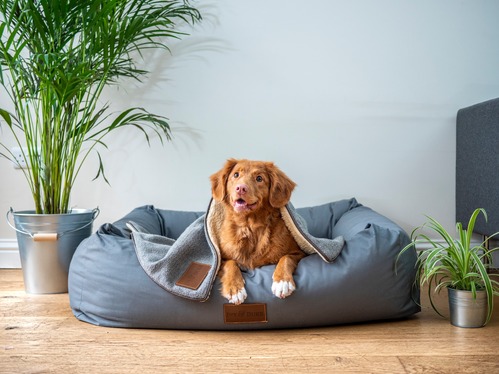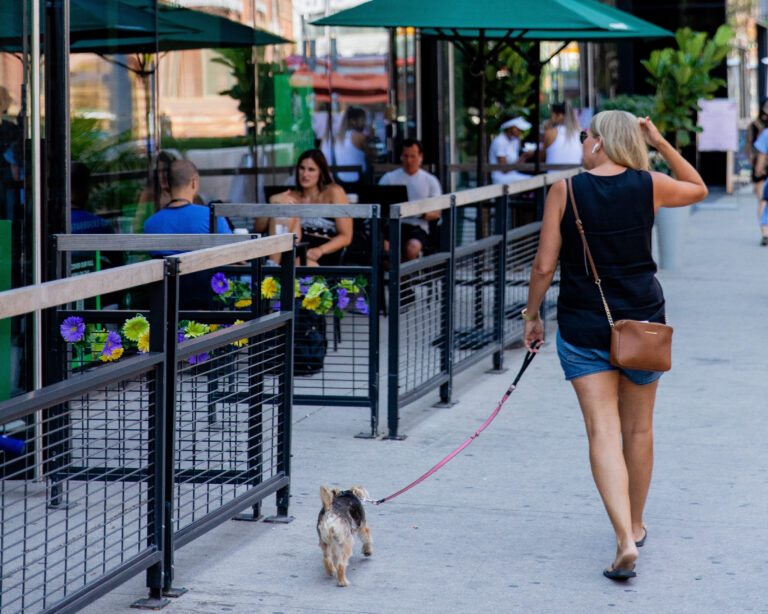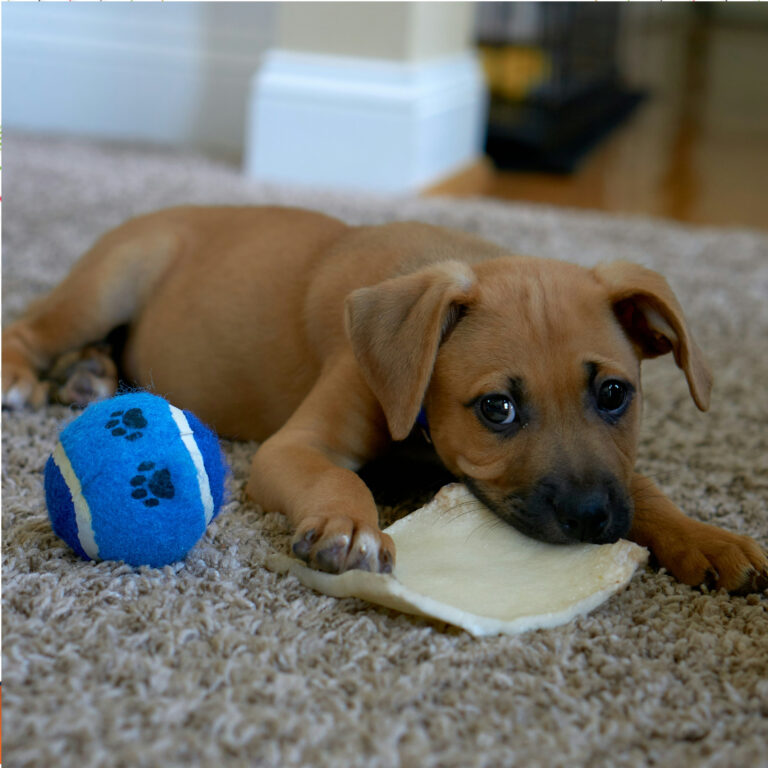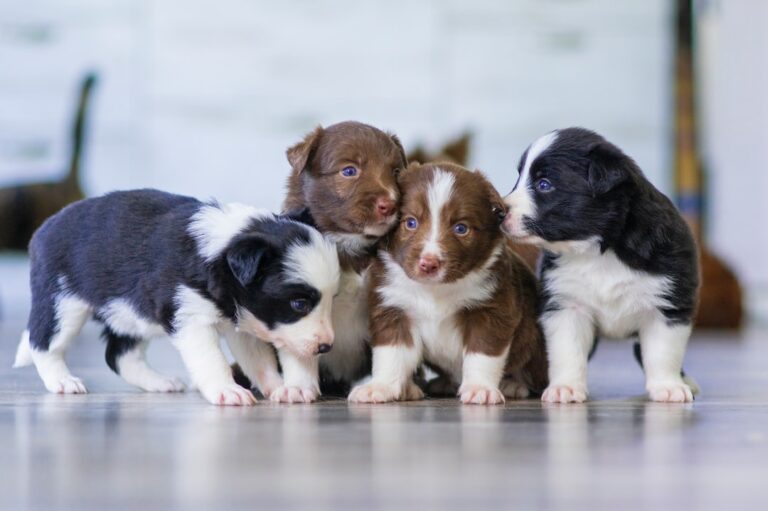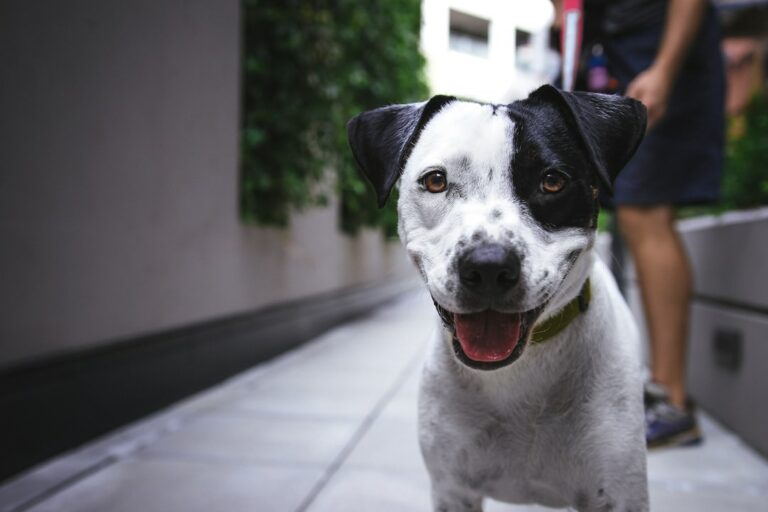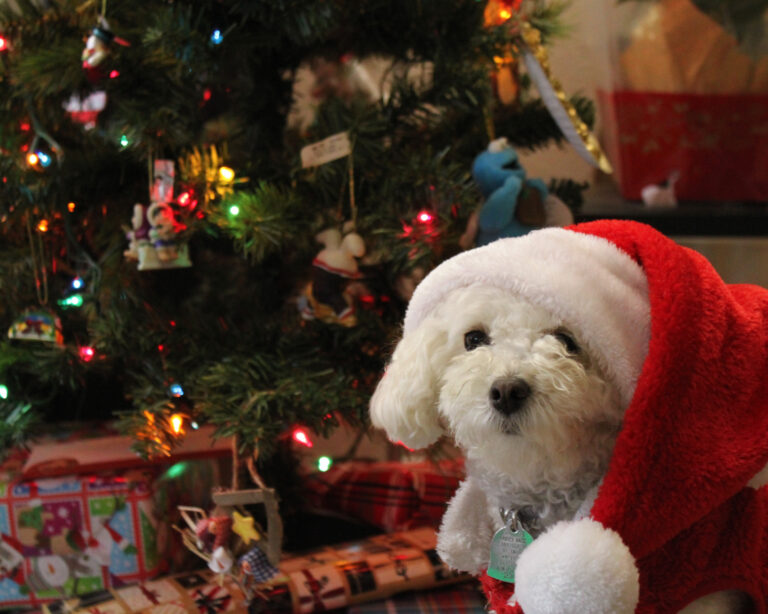Expert Tips on How to Potty Train Your Puppy – Easy Puppy Training Techniques and Tricks
Potty training is an essential part of raising a puppy. It can be a challenging process, but with the right techniques and patience, you can successfully train your puppy to go potty in the appropriate areas. In this article, we will provide you with a guide on how to start potty training your puppy, signs that indicate your puppy needs to go outside, tips for successfully house training your puppy, expert advice on potty training, common mistakes to avoid, and additional tips to make the process easier.
How to Start Potty Training Your Puppy
Establish a Routine
One of the first steps in potty training your puppy is to establish a routine. Take your puppy outside at consistent times throughout the day, such as after meals, after waking up, and before bedtime. This will help your puppy understand when it’s time to go potty.
Choose a Designated Bathroom Area
Select a specific area in your yard where you want your puppy to go potty. This will help them recognize the designated spot and make it easier for them to understand where they should relieve themselves.
Use Positive Reinforcement
Positive reinforcement is a powerful tool when it comes to potty training your puppy. Whenever your puppy goes potty in the designated area, reward them with praise, treats, or affection. This will reinforce the behavior and make them more likely to repeat it in the future.
Signs that Your Puppy Needs to Go Outside
Excessive Sniffing or Circling
If you notice your puppy sniffing the floor or circling around restlessly, it may be a sign that they need to go outside. These behaviors indicate that your puppy is searching for a place to relieve themselves.
Restlessness or Whining
Restlessness or whining can also be signs that your puppy needs to go outside. If your puppy seems agitated or is vocalizing in a distressed manner, it’s important to take them out immediately.
Squatting or Straining
If you see your puppy squatting or straining as if they’re trying to go potty, it’s a clear indication that they need to go outside. Pay attention to these signs and act promptly to avoid accidents indoors.
How to Successfully House Train Your Puppy
Supervise Your Puppy at All Times
When potty training your puppy, it’s essential to keep a close eye on them at all times. This means supervising them inside the house and in the yard to prevent accidents. By doing so, you can quickly redirect them to the designated potty area when necessary.
Keep a Regular Feeding Schedule
Establishing a regular feeding schedule for your puppy can greatly aid in house training. By feeding them at the same times each day, you can predict when they will need to go potty. This consistency helps them develop a routine and makes potty training more effective.
Punishment Doesn’t Work
It’s essential to avoid punishing your puppy for accidents or mistakes during the potty training process. Punishment can create fear and anxiety, hindering their progress. Instead, focus on positive reinforcement and redirecting them to the appropriate potty area.
Expert Tips and Tricks for Potty Training Your Puppy
Be Patient and Consistent
Potty training takes time and patience. It’s important to be consistent with your routine and expectations. Keep in mind that accidents may happen, and setbacks are normal. Stay positive, and continue reinforcing good behavior.
Reward Your Puppy’s Successes
When your puppy successfully goes potty in the designated area, make sure to reward them. This can be done through verbal praise, treats, or a combination of both. Rewards help them understand that they are doing the right thing and encourage them to repeat the behavior.
Consult a Professional Trainer If Needed
If you’re facing difficulties or struggling with your puppy’s potty training, don’t hesitate to consult a professional trainer. They can provide guidance, personalized tips, and strategies to address specific challenges you may be encountering.
Common Mistakes to Avoid When Potty Training Your Puppy
Waiting Too Long to Start Training
Starting potty training as soon as you bring your puppy home is crucial. Waiting too long to begin the training process can lead to bad habits and make it more challenging to teach your puppy to go potty in the appropriate areas.
Not Cleaning Accidents Properly
Accidents happen even during the potty training process. However, it’s essential to clean up accidents thoroughly to remove any lingering odor. If your puppy can still smell their urine or feces indoors, they may associate that area with a suitable potty spot.
Expecting Perfection Too Soon
Potty training takes time and consistency. It’s unrealistic to expect your puppy to be fully potty trained within a few days or weeks. Set realistic expectations and understand that it’s a gradual learning process.
Additional Tips for Potty Training Your Puppy
Use Crate Training as a Tool
Crate training can be an effective tool during the potty training process. Dogs naturally avoid eliminating in their sleeping area, so using a crate can teach them to hold their bladder until they are taken outside. Ensure the crate is the appropriate size and comfortable for your puppy.
Provide Regular Potty Breaks
Puppies have smaller bladders and shorter holding capabilities compared to adult dogs. Make sure to provide regular potty breaks throughout the day, especially after meals, naps, or playtime. This helps prevent accidents and reinforces the routine.
Teach Your Puppy a Cue Word
Teaching your puppy a cue word or phrase, such as “go potty” or “do your business,” can help them associate the command with the action of relieving themselves. Use the cue word consistently when taking your puppy to the designated potty area to reinforce the connection.
Potty training a puppy requires time, dedication, and patience. By following these tips and tricks, you can set your puppy up for success in learning appropriate potty habits. Remember to remain consistent, use positive reinforcement, and seek professional help if needed. With your guidance and support, your puppy will become a potty-trained member of the family in no time.
And always, feel free to contact us if you have any questions about your dog, their health, or their obedience. We’re always here for you and your K9 family members!


